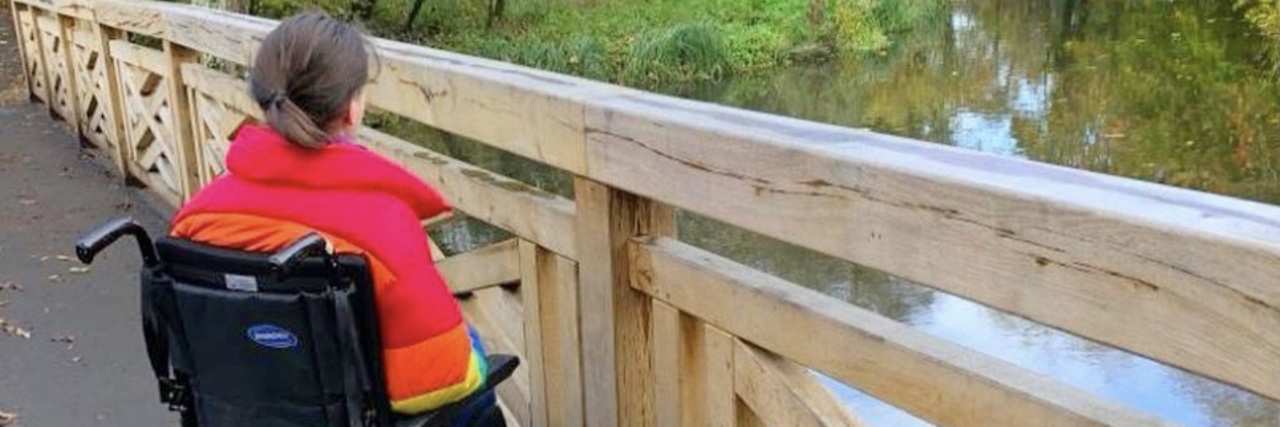The Question I Want to Ask Those Who Discriminate Against People With Disabilities
Do you ever find it frustrating when others treat you in a way they wouldn’t like? And even more angering when their behavior seems so casual to them while they act in a derogatory way towards you? I think most, if not all, of the disability community has experienced this in one way or another — being a subject of adversity, being seen as different and therefore treated as such.
Every time such injustice is felt or observed, the wound blisters even more. Every time it feels like I or the disabled community has been treated as less than or put to the back of the queue, it just highlights and hammers home this ideology, swallowed, not even chewed by society — of disability being seen as the worst thing you can get. The person who has the disability may be seen as less than and ill-equipped for life.
The quote is true: “We blame society, but we are society.” We think society is some kind of ominous thing, something that is separate from us. That people have no part to play because that’s how society is. However, this is incorrect because society is made up of people and therefore people make society and form the beliefs and values it has, and as a consequence the labels attached to subjects. Every person is responsible for how they behave and respond to situations. Do they want to be a passenger in society, taking on a helpless approach, imitating the actions of the people before them? Or, do they want to pave a new path, seeing others as fellow humans?
It is no secret that a fully functioning body and/or brain is usually favored, appreciated and, I do not say this lightly, respected over a disabled body and/or brain. The medical model sees disability as a “problem” that needs “fixing.” Therefore, for example, the problematic me with my faulty walk and my difficult (to understand) speech, with my tremors that need fixing would be regarded as less than. And perhaps someone else with a more, let’s say, prototype body would be considered first to get that job or place in education or to voice their opinion and be listened to, or be granted medical treatment.
It’s in their eyes or facial expression. It’s in their voice, which is really high-pitched or slow and exaggerated. It’s in their nervous and flustered appearance. It’s in their apologetic forgetfulness to ensure accessibility was in place, and attempt at compensating with a “next time this won’t happen” story. Their temporary anger evaporates shortly after our conversation, but mine remains with me and is added to the pile of such scenarios, the numerous times I have been reminded of my difference and essentially denied experiences. It’s in their silence when I enter a room or a turned back. It’s in the unanswered questioned or the fluffed excuses. It’s in that insincere inclusion — only being granted space so a box can be ticked to say they are inclusive. It’s everywhere.
I really want to say the disability movement has come a long way because it has, but there are still so many bridges to cross — too many, in fact, for it being 2021. Stigma is still stuck to disability and it feels virtually impossible to erase; so often, a person’s disability is seen first rather than the person.
I would like those that stigmatize others to think of the last time they were ignored or excluded from something, or underestimated or made to feel ashamed for being different. Now I’d like them to imagine having to experience those feelings every. Single. Day. As I sit here writing this, I ask myself, what will it take for others to see those with disabilities as equals and deserving of the same rights as them? What will it take for others to stop treating those who are disabled as if they don’t matter? But, most of all, what I want to ask them is: What if it was you?

